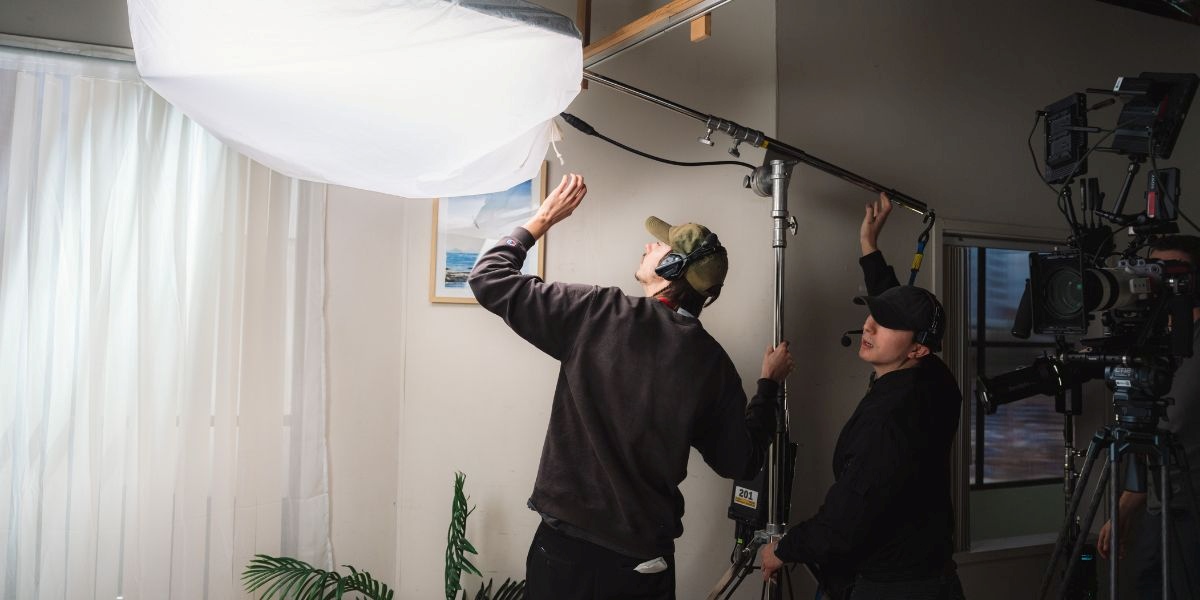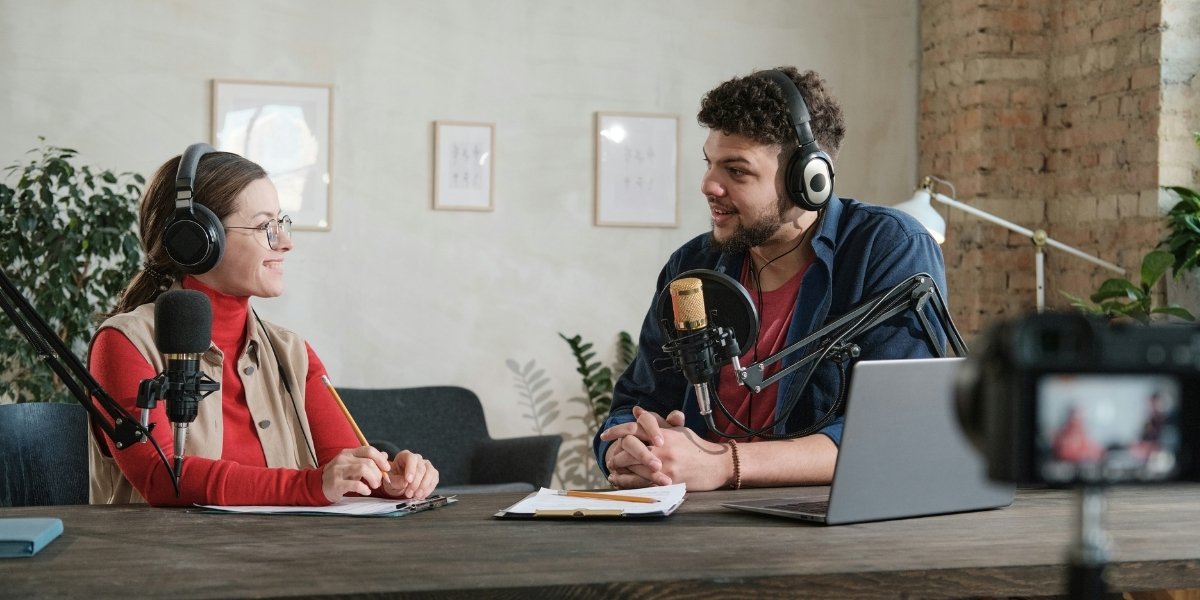According to study, the sleep cycle of every human fluctuates with the seasons.
Following a long, hard winter, spring often brings about a welcome shift. The sun remains up later, the days get warmer, the first flowers emerge, and clocks in many nations advance to give us longer evenings.
Yet, as summer approaches, you will most likely dislike one change: you will begin to sleep less.
Many of us know how challenging it is to get out of bed in the morning during the winter, so we choose to hit the snooze button instead. However, scientists say this shouldn’t be a surprise.
According to new research, people may need more sleep in the winter because it is darker than in the summer. Even people who live in cities, where artificial lights would be expected to mess up the natural effect of daylight on how we sleep, seem to have this need.
Studies have shown that being exposed to artificial light before bedtime can stop the pineal gland from making melatonin. Melatonin is the hormone that controls our natural sleep cycle, which happens every 24 hours and makes us feel sleepy.
But a German study that looked at the sleep cycle of 188 people who lived in cities and had trouble sleeping found that their REM sleep changed with the seasons even though they were mostly exposed to artificial light. This is because REM sleep is directly linked to our circadian rhythm. For example, in December, people slept an hour longer than in June. In the winter, they slept 30 minutes longer during REM sleep cycle, the most active part of sleep when we dream and our heart rate goes up.
The circadian clock controls REM sleep, so it makes sense that it changes with the seasons, says Kunz.
But Kunz’s team was surprised to find that slow wave sleep (SWS), also called deep sleep, also changed with the seasons. “We found changes in the two main stages of sleep, REM sleep and deep sleep, for a year. This was something brand-new, “says Kunz.
During the last stage of non-rapid eye movement (NREM) sleep, slow-wave sleep takes place. It is when the body repairs and regrows tissues, builds muscle, and strengthens the immune system. This is important for consolidating long-term memories and processing new information. The study participants got 30 minutes less slow-wave sleep in September than in February.
Kunz says, “We did not expect that deep sleep would change with the seasons.” “Because the circadian clock does not control deep sleep; it is a process that keeps the body in balance. This means that the more awake you are, the more deep sleep you need to get your energy back.”
Kunz says we need to do more research to determine why we need less deep sleep in the fall than in the winter. “We still don’t know what it means in terms of how it works.”
It’s also important to note that the study was done on people with sleep cycle problems like insomnia, so it will need to be done again on healthy people to ensure more people see these effects.
Neil Stanley, a sleep expert at Sleep Station, an online provider of cognitive behavioral therapy for insomnia, says it’s “puzzling” that we wouldn’t need more deep sleep in the winter.
Does temperature affect our sleep cycle?
But the temperature is also important for a good night’s sleep. Our bodies need our skin to be between 31 and 35 degrees Celsius (87.8 and 95 degrees Fahrenheit), which is easy to do with central heating in the modern world. However, when summer temperatures are usually higher, it can be harder to keep this under control, especially during heat waves.
If Kunz’s study turns out to be true, should we change how we sleep at different times of the year?
Kunz says that most people sleep the same way throughout the year. After watching TV, they go to bed around 10:30 or 11 pm and wake up around 7 am to go to work. Kunz and his colleagues note in their study that it is especially important for kids to stick to the same bedtime. However, since school and work schedules determine when we need to get up in the morning, they say it might be better to go to bed a little earlier in the winter to make up for the “increased sleep cycle need.”
The US Centers for Disease Control and Prevention say that people who don’t get enough sleep are more likelier to get type 2 diabetes, heart disease, obesity, and depression.
Read Also: Burnout: Is there an end to the menace?
A recent Norwegian study found that people who went to their doctor and said they slept less than six hours each night were more likely to get sick than those who slept seven to eight hours. People who had trouble sleeping often were more likely to say they needed antibiotics. The study also found that people who slept more than nine hours each night were more likely to get sick. It might make you feel less tired when your alarm goes off in the winter.





